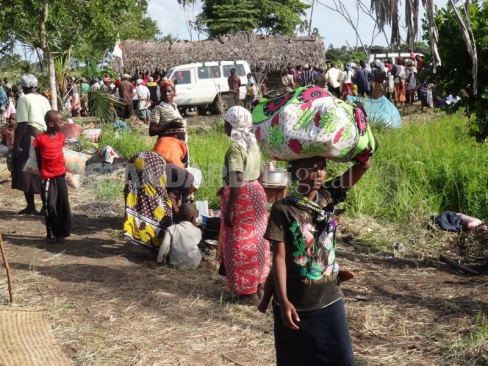×
The Standard e-Paper
Kenya’s Boldest Voice

Some residents of Lamu County colluded with Al-Shabaab terrorists to carry out last year’s attacks in a bid to drive some communities away from the area.
A confessed member of Al-Shabaab, Mohamed Ali alias Gituge Ngamau, claimed this in a statement he gave the police after being arrested in the area a few days after the massacre.